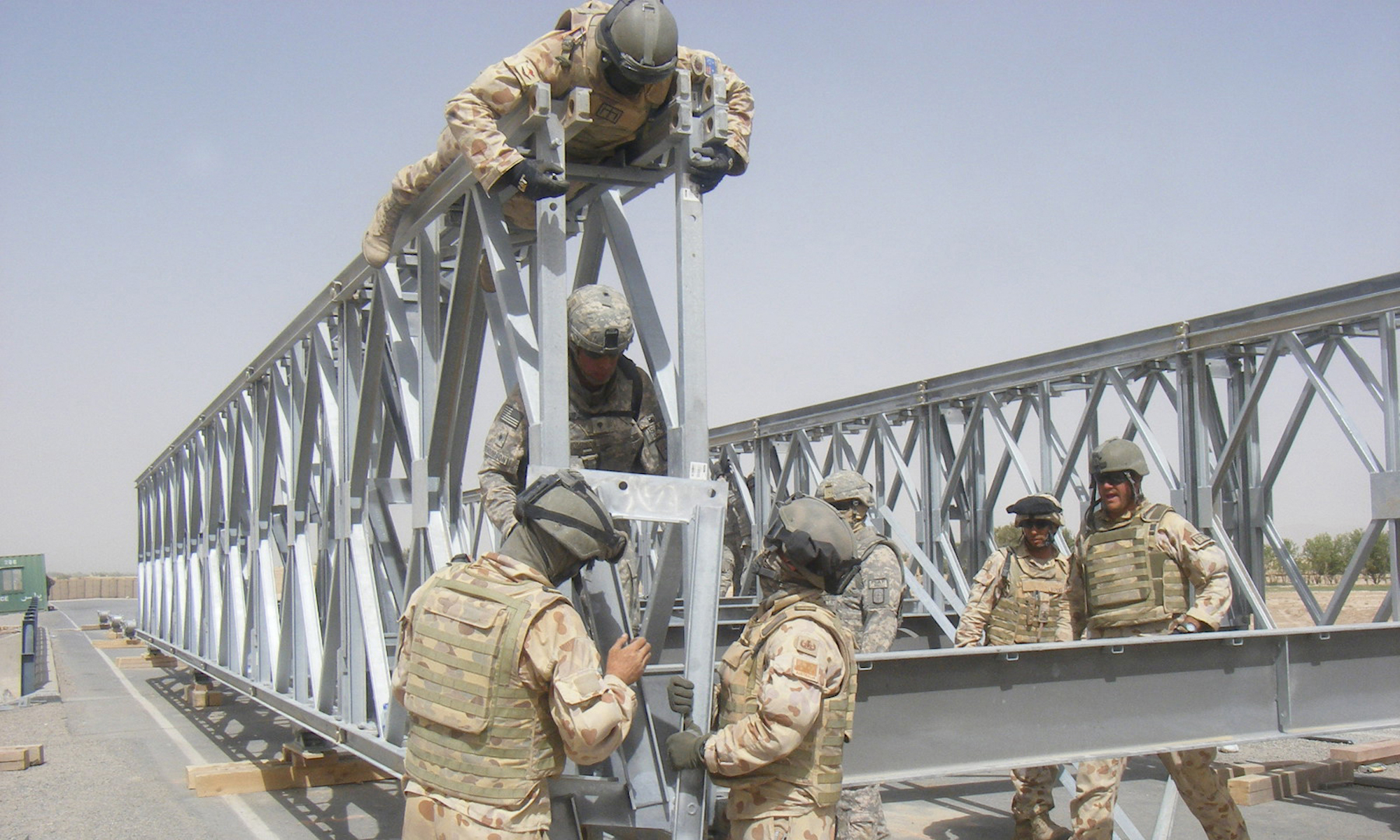The Role of Security Sector Reform in Sustainable Development: Donor Policy Trends and Challenges
This paper attempts to account for the gap between donor policies in support of SSR in developing countries, in particular in post-conflict African states, and their record of implementation. It explores the inadequacies of the present development cooperation regime and argues that a substantial part of this gap can be explained by the tension that exists between the prevalence of a state-centric policy framework on the one hand, and the increasing role played by non-state actors, such as armed militia, private security and military companies, vigilante groups, and multinational corporations on the other hand, in the security sector. This paper, which acknowledges the growing importance of regional actors and questions the state-centric nature of SSR, recommends a paradigmatic shift in the current approaches to development cooperation. The external origin and orientation of SSR needs to be supplemented by more local ownership at the various levels of SSR conceptualisation, design, implementation, monitoring, and evaluation in order to enhance synergy between donor priorities and interests on the one hand, and local needs and priorities on the other hand.
The Challenges and Lessons of Security Sector Reform in Post-conflict Sierra Leone
This paper assesses the main elements of SSR process in Sierra Leone, against its historical background as well as the imperatives of a responsive and responsible security sector. The reform of the security sector in Sierra Leone has enhanced the restoration of public safety in the country, and the positive features of the process relate to the inclusion of SSR as the first pillar of the country’s poverty reduction strategy, and the emphasis of SSR on the decentralisation of the security apparatus. Significant gaps however remain. Donor dependency and the ‘youth question’ are continuing challenges. Arguably, the most significant deficiency is the fact that the security sector has not been adequately embedded in a democratic governance framework. There is an absence of functional oversight mechanisms, and a failure to involve other actors beyond the executive arm of government in the governance of the security sector. The paper cautions that SSR can be successful only as part of an overarching democratic post conflict reconstruction framework
